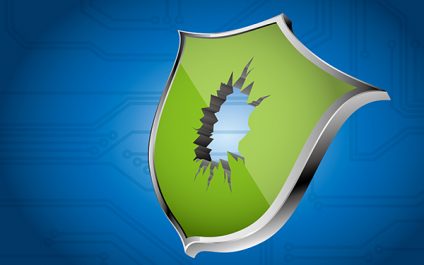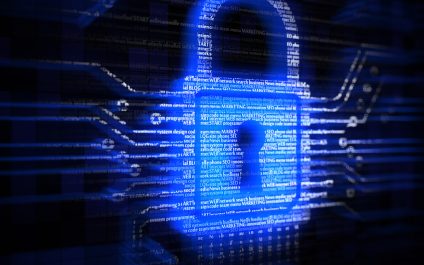Just when you thought the nonstop wave of data breaches had slowed down, a flurry of activity made recent news. In Pennsylvania, a hack of the Department of Education’s website compromised the information of 360,000 teachers and staffers. The city of Atlanta suffered a ransomware attack that took down municipal services and even caused Hartsfield-Jackson International Airport, the world’s busiest, to turn off its Wi-Fi.
Although it wasn’t technically a breach, 50 million Facebook users had their information accessed without consent in the run-up to the 2016 US presidential election.


